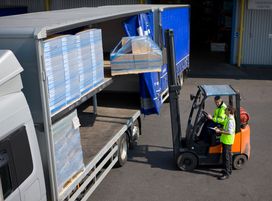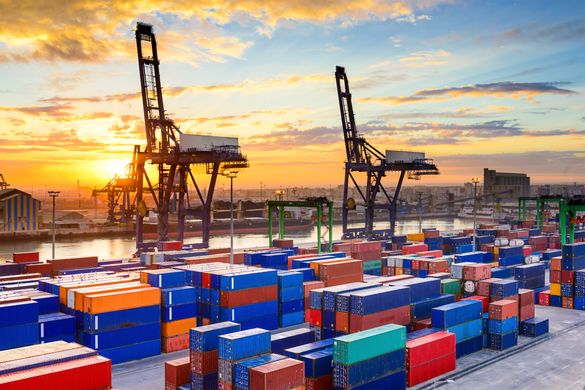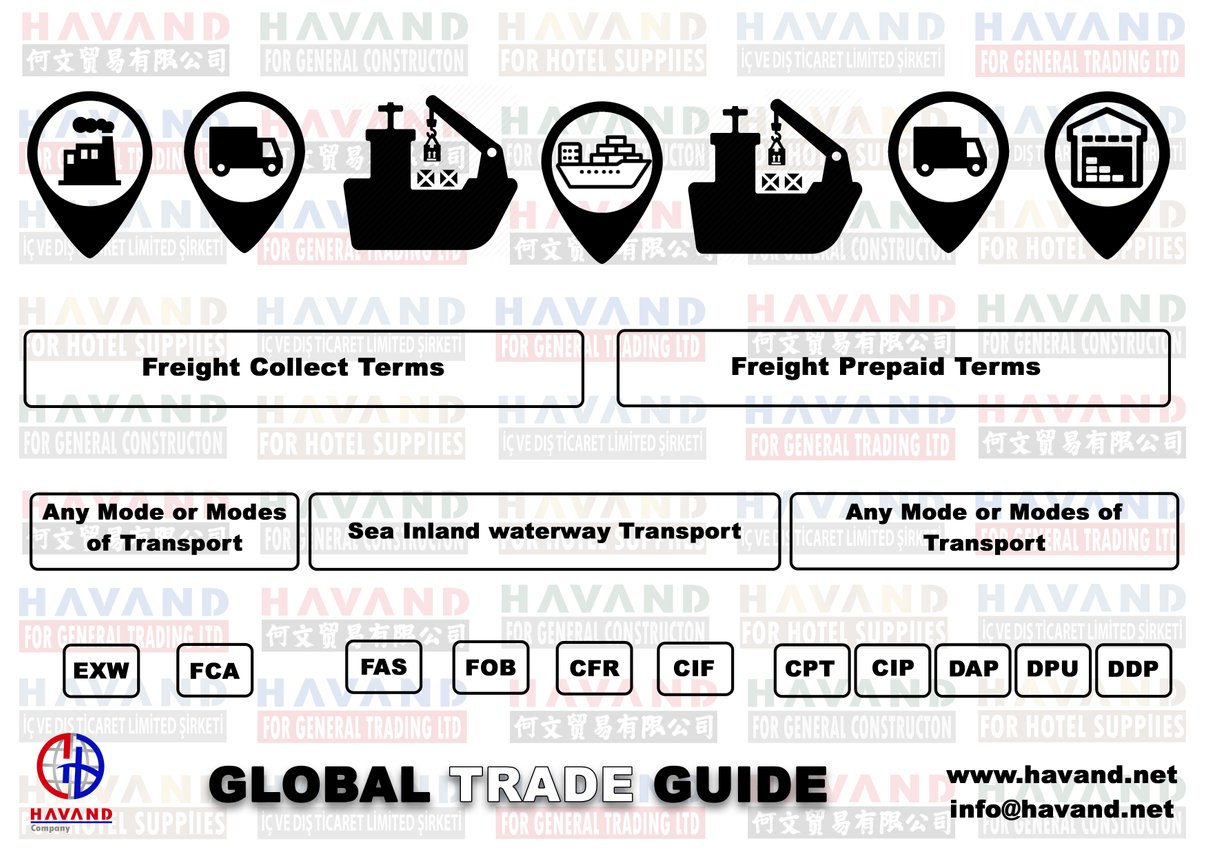Learn key Import / Export information:
The Incoterms® rules are the world’s essential terms of trade for the sale of goods. Whether you are filing a purchase order, packaging and labelling a shipment for freight transport, or preparing a certificate of origin at a port, the Incoterms® rules are there to guide you. The Incoterms® rules provide specific guidance to individuals participating in the import and export of global trade on a daily basis.
Incoterms Rules for Any Mode of Transport
Some common examples of Incoterms rules for any mode of transportation include Delivered Duty Paid (DDP), Delivered at Place (DAP), and Ex Works (EXW). The seven Incoterms for any mode of transport are below:
1- EXW – Ex-Works or Ex-Warehouse
2- FCA – Free Carrier
3- FAS – Free Alongside Ship
4- FOB – Free On Board
5- CFR – Cost and Freight

9- DAP – Delivered At Place
6- CIF – Cost, Insurance and Freight
10- DPU – Delivered At Place Unloaded
7- CPT – Carriage Paid To
8- CPT – Carriage Paid To

11- DDP – Delivered Duty Paid


Have a question or need a custom quote?
contact us via e-mail, or call us and we will get back to you as soon as possible
HAVAND COMPANY FOR GENERAL TRADING LTD
Copyright @ All Rights Reserved